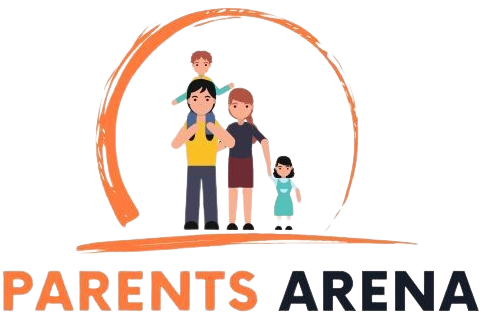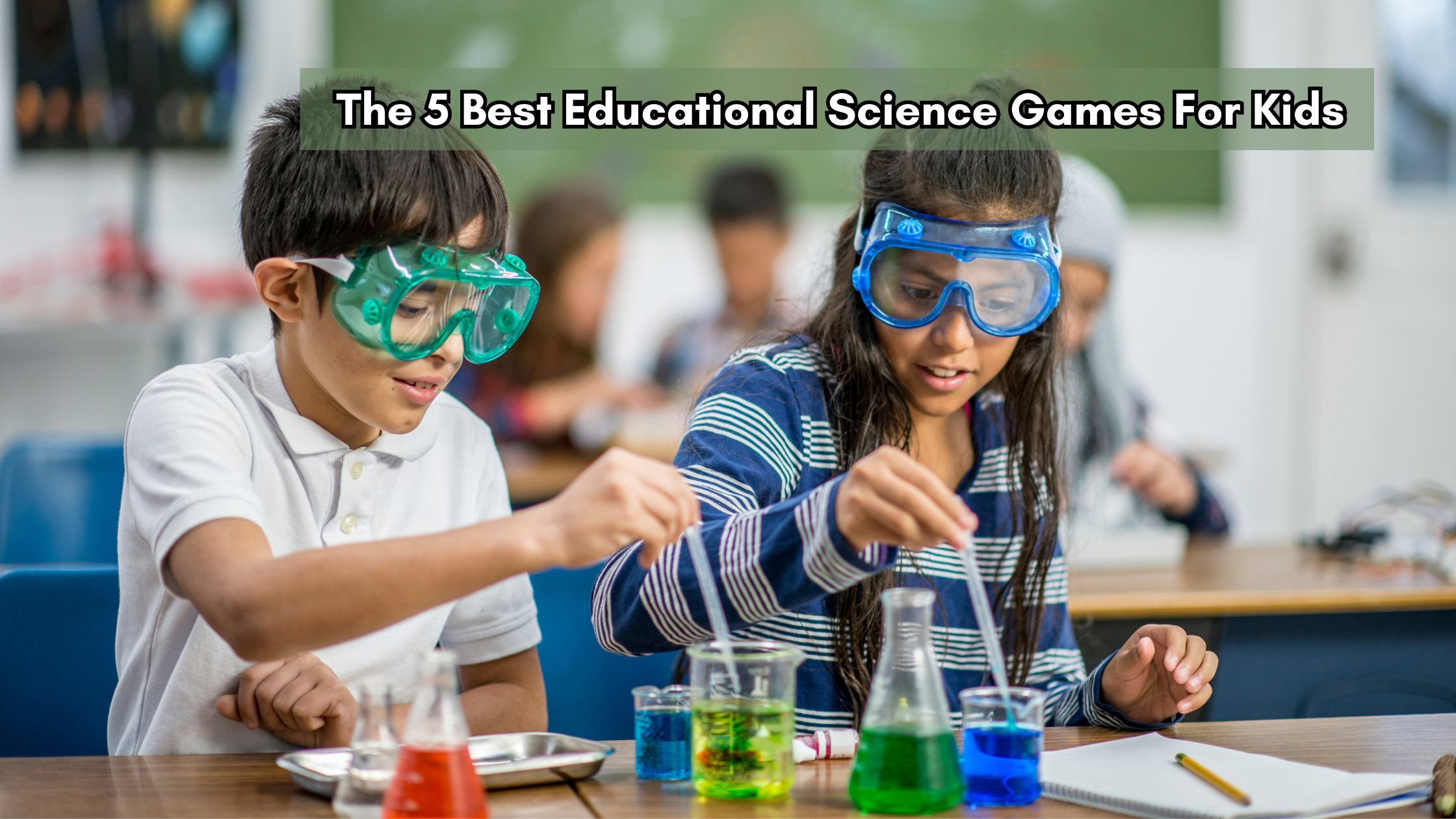When teaching children about the art of science, there are multiple things to dig, like static electricity and aerodynamics. Fortunately, you don’t require a Ph.D. or a classroom to help your kid learn about the world. These five fun and educational science games for kids make education satisfying and can keep them occupied for hours.
Solar System
Kids love space, planets, and stars. Use Play-Doh to teach them about the solar system. Use different colors for each planet: red for Mars, blue and green for Earth, blue rings for Saturn, and so on. While teaching the planet names, share interesting facts, like scientists looking for life on Mars, Pluto not being a planet anymore, and the rings around Saturn.
Cloud Cool Down
Cloud Cool Down is one of the best scientific games for kids. Send energetic kids outside to draw pictures of the clouds they see. Stay inside and take a deep breath. Once you feel calm, let the kids come back in. Assist them in specifying, labeling, and adorning their images with cotton and glue.
Anatomy Chalk Draw
Using chalk outside or paper and markers, students can practice human anatomy. In pairs, they outline their partner on the ground. Jointly, they draw and mark the primary organs in suitable places. Who can get the most organs in the correct spots? Pairs can compete against each other or work together to compete against other pairs.
Body Part Bingo
Body Part Bingo is one of the best educational science games for preschoolers. Kids aged seven to nine can start learning about anatomy. “Human Body Bingo” is a fun way to help them learn. You can download free printable bingo sheets from Darcy & Brian, which have cute drawings of body parts like the brain, heart, stomach, and lungs. Gather playing pieces and an announcer before starting the game.
Astronaut Space Box Game
Kids can wear astronaut gloves to see what it’s like to use their hands with these bulky gloves. Fill a box with small objects like cups and marbles. Let the kids handle these items while wearing kitchen gloves! They’ll practice fine motor skills and imagine what it’s like to work in space.
Science is all about exploring, and the best way to get kids excited is through hands-on experiments, like educational science games for kids. The great thing about science is how practical it is. Demonstrating and discussing experiments with kids helps them get interested in the concepts.

